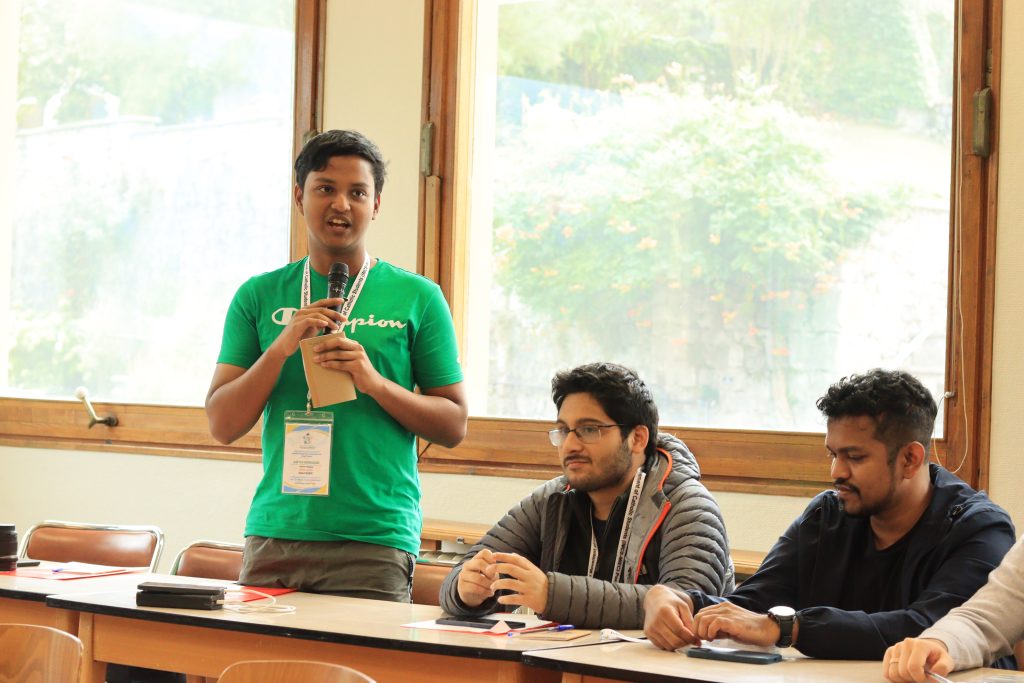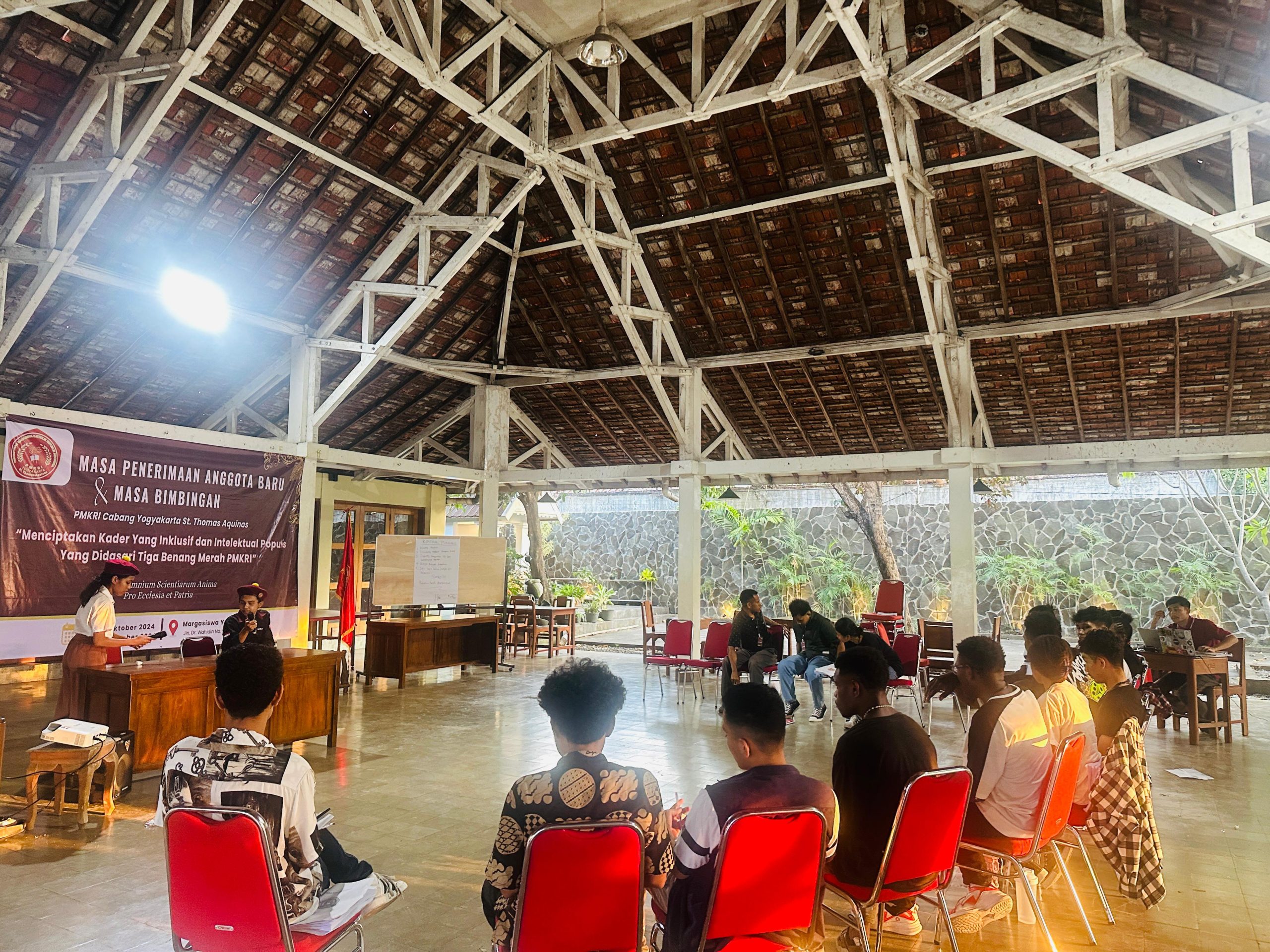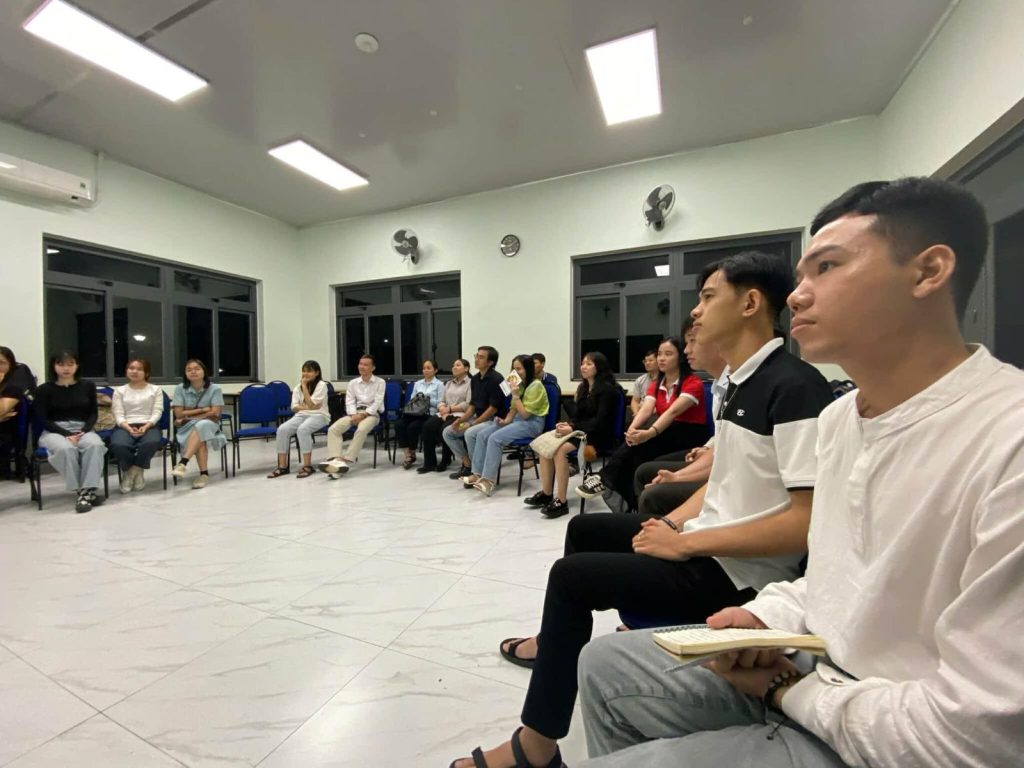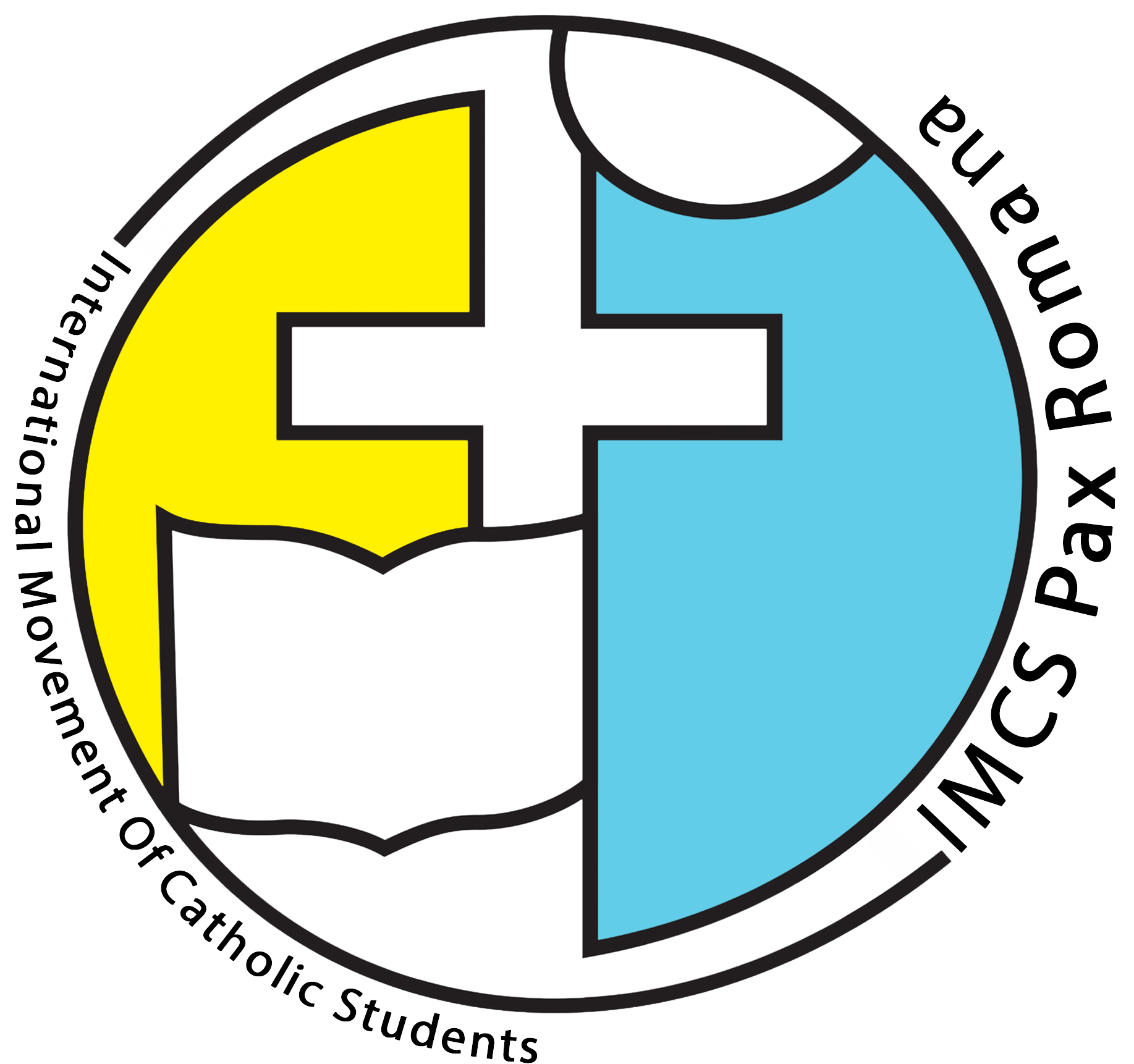Advocacy Training Program


Pax Romana in Advocacy


Following the global vision of the movement, since the foundation in 1921, Pax Romana has been active in advocacy in National and International levels in religious as well as secular platforms.
From the beginning Pax Romana worked closely with others. Because many of the goals of Pax Romana were similar to that of the “League of Nations”, Pax Romana was invited to participate in a special way and was able to give input to meetings of the League. In 1927, Pax Romana and the organization of Catholic women, invited the presidents of the major International Catholic (lay) organizations working at the League together to discuss common issues. At this meeting, the Conference of (Presidents) International Catholic Organizations (ICO) was created.


In 1949, Pax Romana (ICMICA & IMCS) was one of the first Non-Government Organizations (NGOs) granted Special Consultative status with the United Nations Economic and Social Council. Since then Pax Romana has played a key role in the United Nations and UNESCO taking leadership roles in areas of: Human Rights, Conscientious objection, Social development, sustainable development, youth, education, religious freedom, women’s rights and disarmament.
In the recent decades IMCS Pax Romana United Nation’s advocacy team has been the responsible arm of the organization for the Global advocacy efforts. IMCS Pax Romana has been an active partner and contributor to the UN processes through the United Nations Major Group for Children and Youth (UN MGCY) which is the UN General Assembly mandated official, formal and self-organized space for Children and Youth to contribute to and engage in certain intergovernmental and allied policy processes at United Nations which was established in 1992.
IMCS together with other international youth led organizations were instrumental to establish the International Coordination Meeting of Youth Organizations (ICMYO) in 2004 which is an international network for the World’s largest youth movements and regional youth platforms. On behalf of the ICMYO, IMCS Pax Romana served on the International Youth Task Force that coordinated the 2014 World Conference on Youth (WYC) in Colombo, Sri Lanka as a main organizing partner and WCY policy outcomes were presented to the 2014 UN General Assembly.
Pax Romana has been an inspiration and a training ground for many civil society and political leaders for decades. The unique formation opportunities through capacity building programmes and direct participation in policy making as well as solidarity actions have been the methodology of the movement for forming the young leaders all around the world. Through the Advocacy Training Program, IMCS Pax Romana expects to achieve the following objectives.
- Enhancing the knowledge in advocacy.
- Reaching out to youth and student leaders representing diverse backgrounds from all the parts of the Asia Pacific.
- Creating a common training programme and materials which can be reused in the Local, national, and regional levels for the advocacy trainings.
- Contributing to create an advocacy manual.
- Building Local, national, and regional advocacy teams which will be connected to the IMCS Pax Romana advocacy team.
- Providing Regional and international advocacy engagement opportunities to the youth leaders who successfully finish the training programme.
What Do They Say About The Training?
Program Report

IMCS Asia Pacific
The International Movement of Catholic Students (IMCS) Asia Pacific is a dynamic regional organization dedicated to empowering young Catholics to actively engage in social justice, human rights, and sustainable development. Through education, advocacy, and collaboration, IMCS aims to nurture leadership, build solidarity, and inspire students to be agents of change within their communities and beyond.
Share This:

IMCS Asia Pacific
The International Movement of Catholic Students (IMCS) Asia Pacific is a dynamic regional organization dedicated to empowering young Catholics to actively engage in social justice, human rights, and sustainable development. Through education, advocacy, and collaboration, IMCS aims to nurture leadership, build solidarity, and inspire students to be agents of change within their communities and beyond.
@2020 - IMCS AP - All Rights Reserved.
